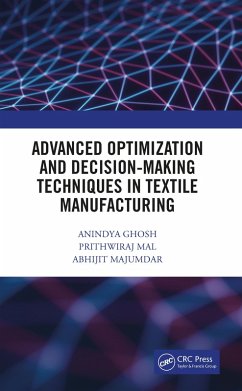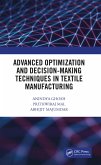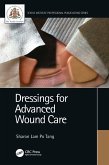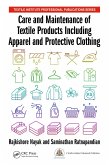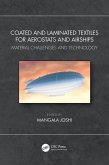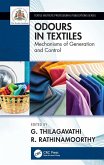The book includes theory and applications of various types of multi-criteria decision making and optimization techniques with reference to textile manufacturing and management. It discuses multi-criteria decision-making methods and optimization techniques in the textile domain supported by examples, case studies and MATLAB codes.
Dieser Download kann aus rechtlichen Gründen nur mit Rechnungsadresse in A, B, BG, CY, CZ, D, DK, EW, E, FIN, F, GR, HR, H, IRL, I, LT, L, LR, M, NL, PL, P, R, S, SLO, SK ausgeliefert werden.
Hinweis: Dieser Artikel kann nur an eine deutsche Lieferadresse ausgeliefert werden.

